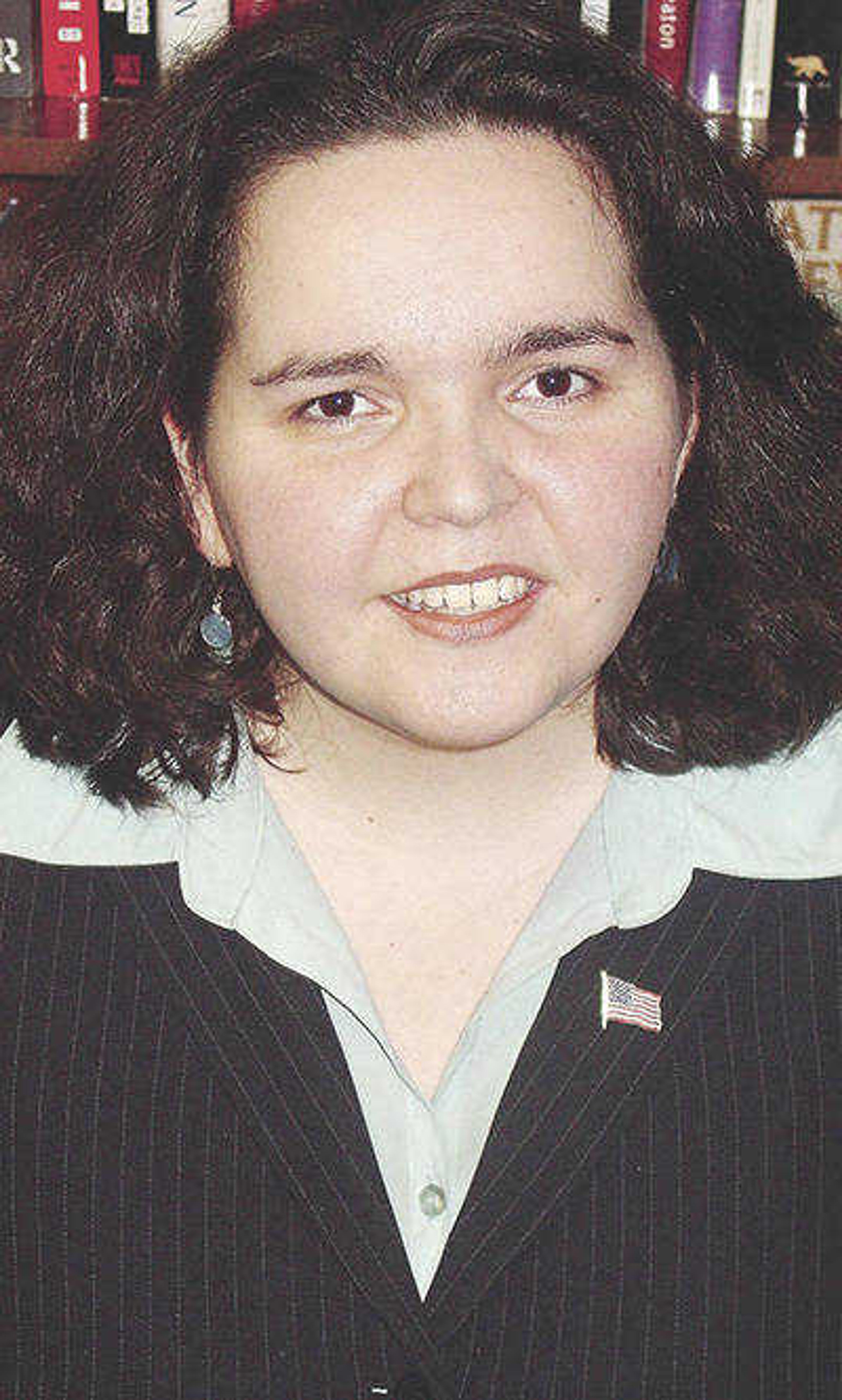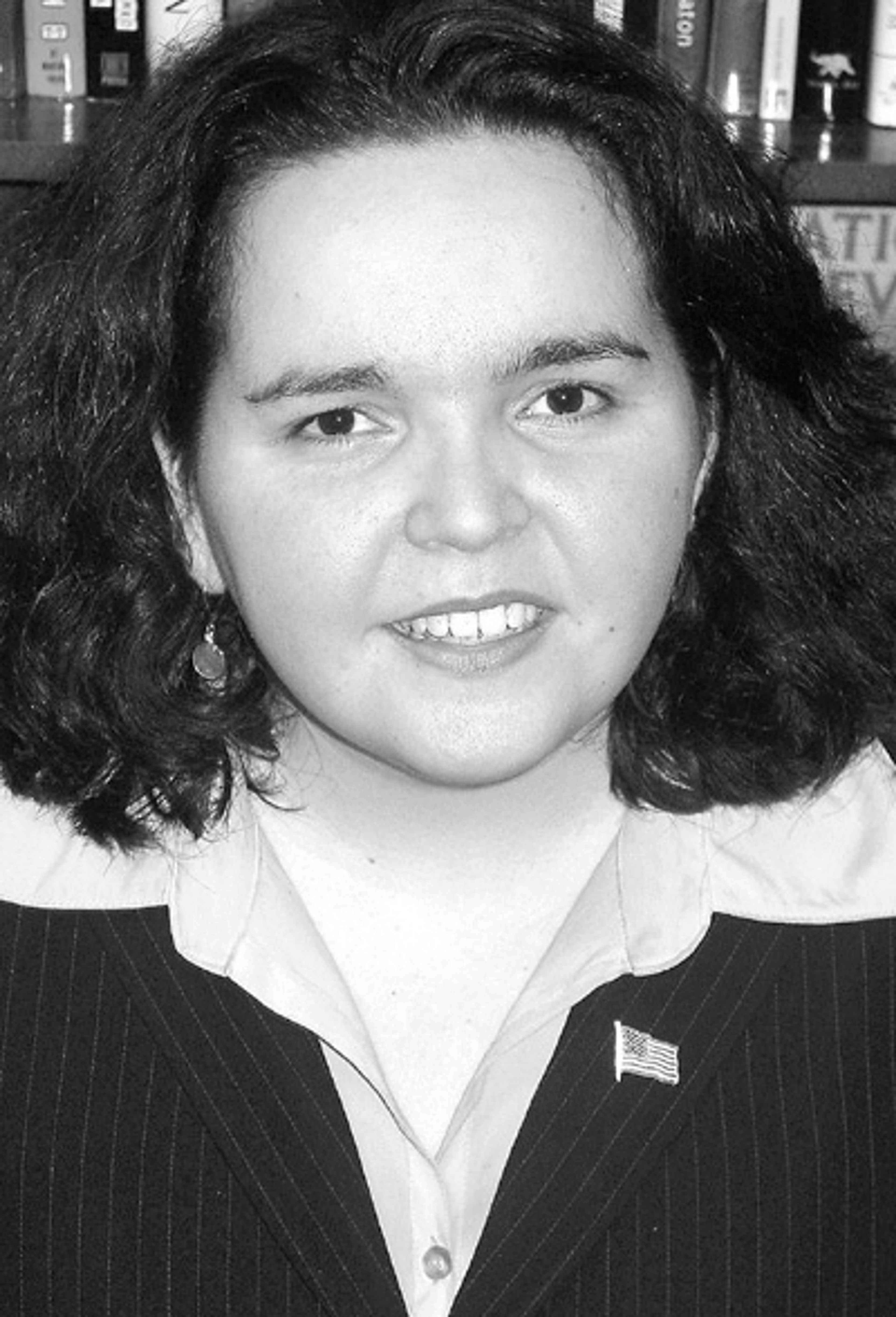Lopez: Superhabits of highly effective people
Kathryn Jean Lopez discusses how "superhabits" can transform personal and political landscapes, offering virtues like humility and forgiveness as tools to navigate anger and loneliness in today's world.
Are Americans angrier or lonelier than they used to be? As I watched the Democratic convention this summer, I thought that loneliness and anger might decide the presidential election. Donald Trump is a mad-as-hell choice, and Kamala Harris the candidate for those more lonely and sad. She may make you a word salad, but you'll hear laughter. Trump might inspire a riot on Capitol Hill, but somebody will get fired on every episode.
It's not that simple, of course – though the anger and sadness are real. But if you are an undecided voter, you probably need much more than a presidential candidate in your life. You probably need better habits. (Don't we all, though?)
"[T]ake one large thing that you really want, for whatever reason — camaraderie, sense of purpose, connection with nature — then you coach and guide any smaller desires you have that might push you in a contrary direction, such as staying at home and watching YouTube videos, back toward that one bigger goal," Andrew V. Abela writes in "Superhabits: The Universal System for a Successful Life."
Superhabits are virtues. Abela, dean of the Catholic University of America's business school, didn't want to throw a catechism at people. Instead, his is a self-help book that doesn't present superhabits in moral or religious terms, but practical ones.
Besides self-discipline, Abela has chapters on humility, forgiveness, courage, "gentlefirmness" and justice, to name a few.
About forgiveness and gentlefirmness, Abela explains they are companion virtues. "Where gentlefirmness is the habit of directing your anger toward making things right, forgiveness is the habit of moderating your response — whether it be hatred, retaliation or punishment — toward what caused the anger in the first place," he writes. In other words, you won't not get mad when living virtuously, but you will better channel your anger.
"Superhabits have all the benefits of regular habits, and a lot more," Abela writes. "Like regular habits, they can be cultivated by practicing them a little bit at a time. Once acquired, they allow you to act much more quickly and easily." They can become a way of life if we choose to let them.
"The superhabits that help us manage our desires ... are not about using our willpower to force our desires to be what we think they should be, or to force ourselves to do things we don't desire to do. Rather, they are about gently guiding our desires into more productive directions and carefully modifying our actions in small and repeated ways."
To emphasize how powerful superhabits can be, Aable calls them "superpowers." Even more powerful than a political campaign.
Abela quotes Captain "Sully" Sullenberger who landed a commercial plane on the Hudson River after birds damaged the engines. "Through the media, we have all heard about ordinary people who find themselves in extraordinary situations. They act courageously or responsibly, and their efforts are described as if they opted to act that way on the spur of the moment ... I believe many people in those situations actually have made decision years before. Somewhere along the line, they came to define the sort of person they wanted to be, and then they conducted their lives accordingly."
Doing this requires taking your eyes off screens. Virtues are like muscles — they must be used and stretched, and often. They are not normally associated with politics, although they are desperately needed there. Ditto business. And schools that teach and model them show a nobler way to live.
Either Harris or Trump will win, and the nation will continue its obsession with the reality show that we can't quit. But we can refuse to make it all we see and talk about. And fewer of us will be feeding off and into all that anger and loneliness.
klopez@nationalreview.com
Connect with the Southeast Missourian Newsroom:
For corrections to this story or other insights for the editor, click here. To submit a letter to the editor, click here. To learn about the Southeast Missourian’s AI Policy, click here.











